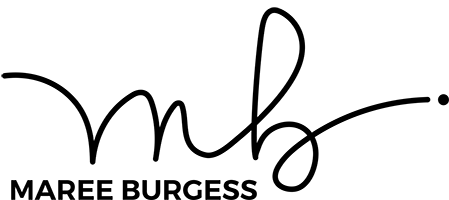
Are there some people in your team that you have a difficult relationship with? For example, maybe you have a tense relationship with a teammate and you believe that they don’t respect you or value your opinion.
Think about how you usually interact with them. Are you defensive or accusatory? Do you just not share your opinion, giving them the silent treatment? Now think about what you could do differently in your interactions to break out from your habitual, and maybe limiting, responses.
If you get the same response from people when you interact with them (and it’s not useful), maybe it’s time for you to try something different – to achieve a different result.
When our behaviour becomes more flexible it means we have the ability to secure a response from another person by varying our own behaviour. We can develop a range of responses to any given situation rather than having the same habitual, and therefore limiting, responses.
An NLP technique that I find useful for this is the Self-Edit. This technique focuses on reviewing our day as is, noting all the areas that didn’t go so well, then reviewing the day again and imagining it running seamlessly with great interactions. This creates continuous improvement because at an unconscious level, we cannot tell the difference between fact and fiction. The next time this interaction occurs, in our mind we will have already responded differently.
We can also apply this technique to a specific interaction with someone – which didn’t go so well. Review the conversation as is and note what didn’t go so well. Review it again and tweak the parts that didn’t go well – noting what you can do differently. Then run the conversation again as if it went well with great outcomes. Imagine having that same conversation in the future (maybe tomorrow).
The wonderful thing about this is that if and when a similar situation arises, you will have increased your behavioural flexibility and just may notice it going better.
You can use the self-edit to select areas from your everyday life that you wish to capitalise on, as well as things you wish to change. You get the opportunity to rerun your day, and, knowing what you know, to do things differently. You cannot change how others responded, but you can review your responses and adjust.
Mistakes are not learning experiences unless you learn. Self-editing is a tool that converts mistakes into learning experiences.

